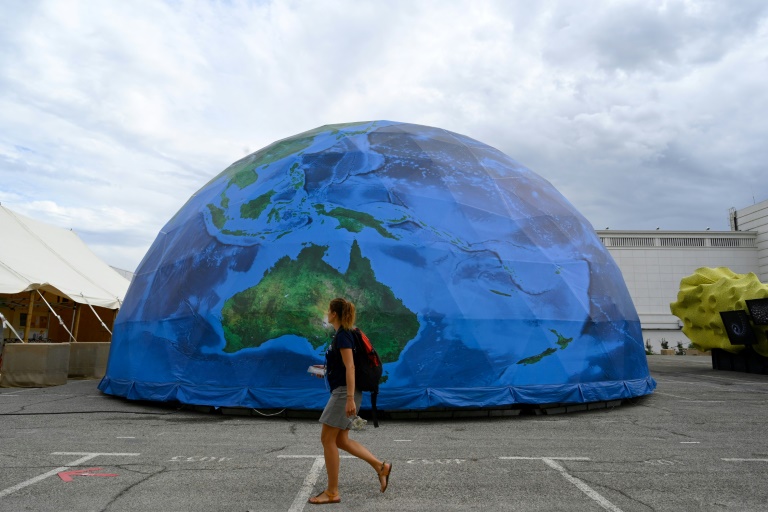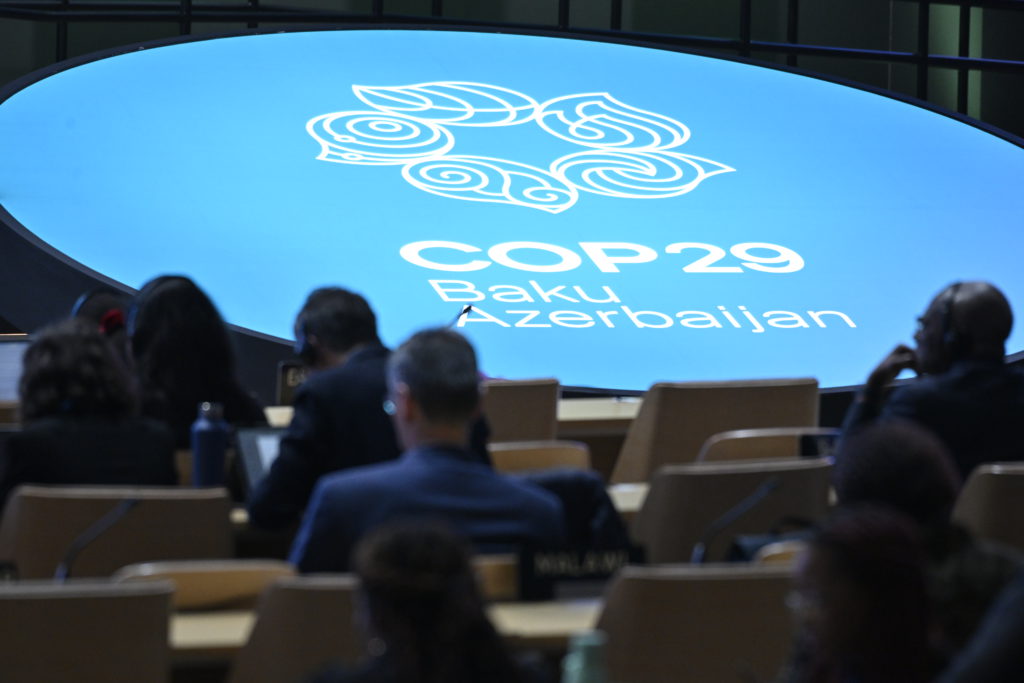The world’s top conservation forum will vote this week on whether to recommend a moratorium on deep sea mining, with scientists warning that ecosystems degraded while dredging the ocean floor 5,000 metres below the waves could take decades or longer to heal.
The proposed ban is among a score of measures deemed too controversial to be decided remotely ahead of the International Union for the Conservation of Nature (IUCN) Congress, meeting through Saturday in Marseille.
A “yes” vote by IUCN members — some 1,400 national agencies, NGOs and indigenous groups — is a commitment “to support and implement a moratorium on deep seabed mining”.
The measure also recommends greater oversight of the International Seabed Authority (ISA), an intergovernmental body that regulates the extraction of precious minerals from seabeds beyond waters falling within national exclusive economic zones.
Parts of the ocean floor are rich in minerals, including so-called polymetallic nodules composed mostly of copper, manganese, cobalt and nickel — metals increasingly in demand for electric vehicle batteries.
But there’s a catch: these fist-sized rocks are generally found on seabeds four to six kilometres below the surface.
Commercial mining at those depths does not currently exist, but there are several companies investing in the technology that would make it possible.
The ISA — mandated by the UN to regulate mineral-extraction from the high seas “for the benefit of humanity as a whole” — has approved 30 licenses for exploration.
“The threat is very imminent,” said Matthew Gianni, co-founder of a coalition of deep sea conservation NGOs, adding that mining could begin within two years.
– Fragile seabeds –
One major player in the industry working with the South Pacific island states of Nauru, Kiribati and Tonga that has environmental watchdogs on high alert is The Metals Company, based in Vancouver.
“Polymetallic nodules are the cleanest path toward electric vehicles,” the company website claims.
Areas in which it is licensed to explore could yield enough nodules to supply more than a quarter of a billion new electric vehicles, it said.
Because the rocks are 99 percent composed of the sought-after minerals and unattached to the sea floor, they should be easier to collect and produce little heavy metal pollution, the website said.
Environmentalists disagree.
Deep marine seabeds are fragile and poorly understood: total darkness, very cold, high-pressure, limited food filtering down from the surface, they say.
“We are only now starting to get to know these ecosystems and still don’t really understand how they work,” said Pierre-Marie Sarradin, who leads research on deep ecosystems at Ifremer, a top marine research centre in France.
Scientists at JPI Ocean, a European consortium, have discovered that zones with lots of polymetallic nodules are also richer in biodiversity.
The ISA has set up a number of protected areas, but scientists say they are not representative of the zones likely to be mined.
One thing scientists do know is that when these seabeds are disturbed, recovery is very slow.
– Carmakers cautious –
In one zone where the ocean floor was scraped 30 years ago “the ecosystem has still not returned to its initial state”, said Sarradin.
“It is also hard to measure the impact on fixing carbon, an essential process in the fight against global warming,” he added.
How mining will affect neighbouring areas, or even disturbances linked to the noise and light, are likewise unknown, especially as there are few details about the technology that would be used.
“Nodules take two million years to reform, and animal life that depends on them cannot be restored,” said Katja Uhlenkott, a doctoral student at Carl-von Ossietzky University in Germany.
Several major car manufacturers have taken a cautious position on seabed mining despite the potential for supplying an essential component of one of their fastest growing markets.
BMW, Google, Samsung SDI and Volvo have all pledged not to use minerals extracted from deep-water seabeds, or to finance deep-sea mining.
For Farah Obaidullah of the Deep Sea Conservation Coalition, made up of more than 80 NGOs and policy institutes, the solution for car makers remains on land.
The sought-after metals can be recycled, and new battery technologies are in the pipelines, she said.
Mining conditions on land are “currently horrendous,” she acknowledged. But they can be improved.
“No one is going to go six kilometres under the sea to monitor things and say ‘you are not doing things right’,” she noted.
Once industry has a pathway to the deep ocean “we will be completely overwhelmed”, Sarradin said.











